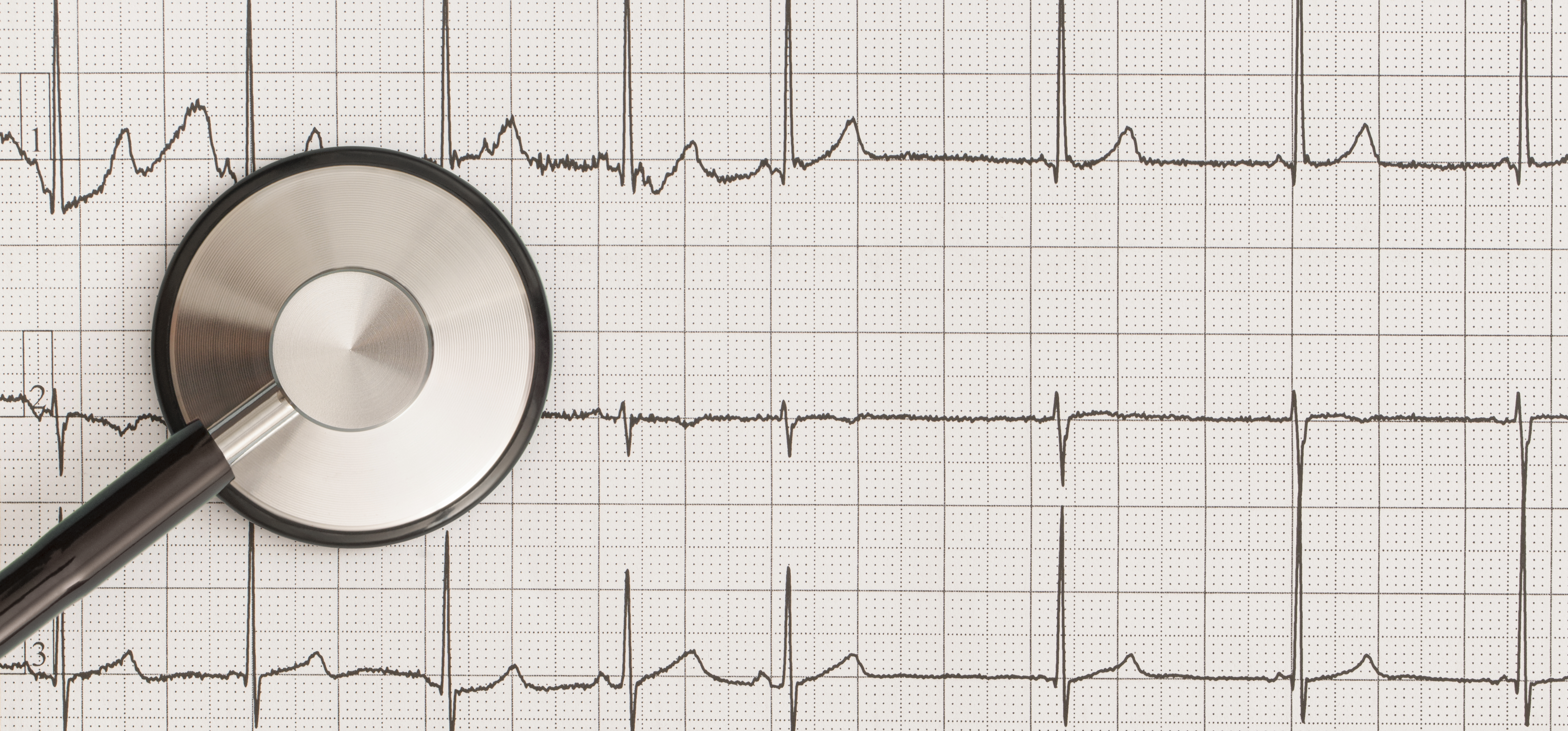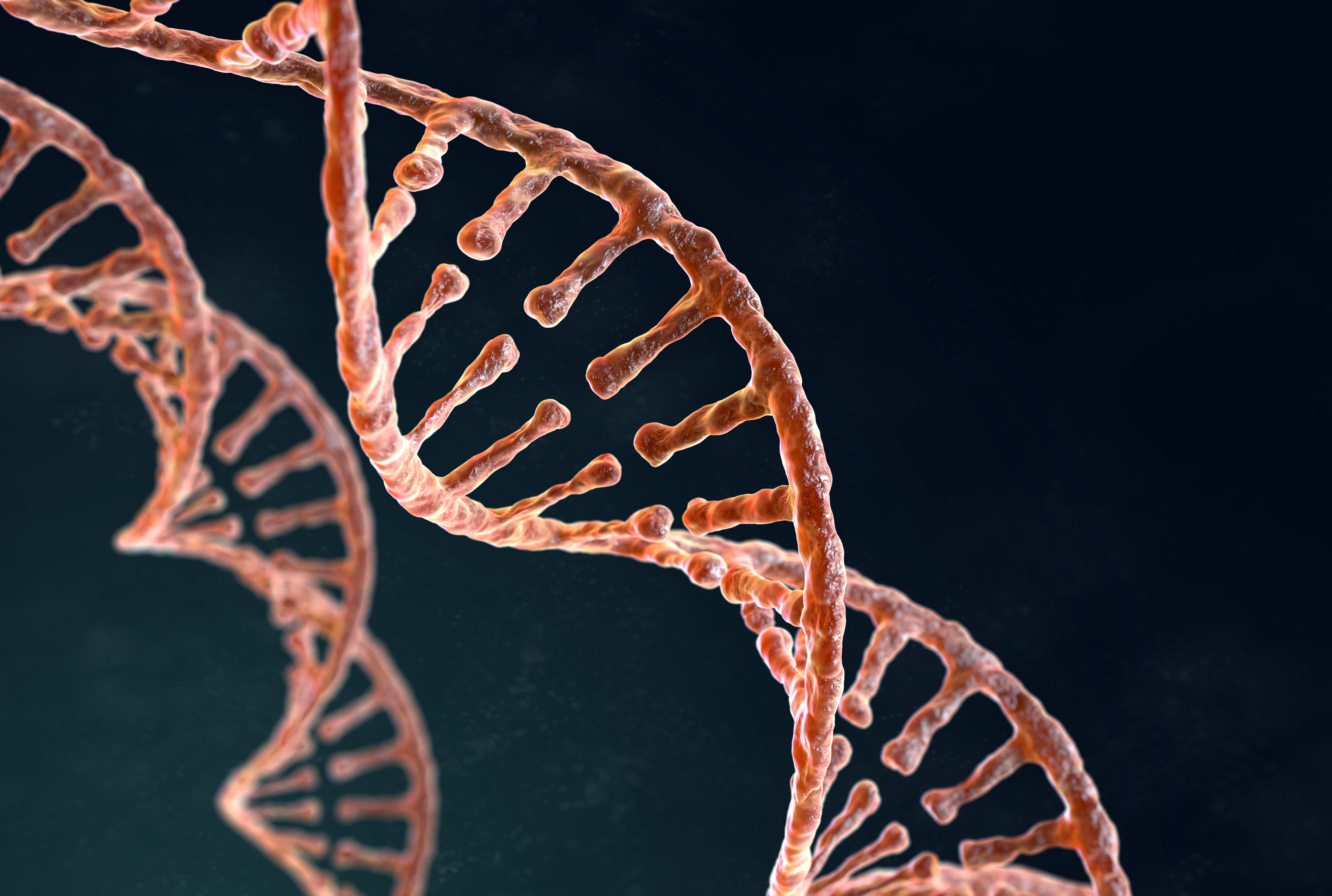- Agriculture
- Antibiotic/anti-viral
- Biologics
- Biomarkers
-
By Clinical Application
- Anesthesiology
- Blood & Lymphatic Disease
- CNS & Neurosciences
- Dermatology
- Diabetes, Metabolism, Endocrinology & Obesity
- Ear, Nose, & Throat
- Gastroenterology & Digestive Disease
- General & Plastic Surgery
- Health Education, Medical Training and Operations
- Heart and Vascular
- Immunology, Autoimmune & Inflammation
- Infectious Diseases
- Mental Health
- Multiple clinical applications
- Musculoskeletal Disorders, Orthopedics/Bone
- Nephrology/Renal
- Oncology
- Ophthalmology
- Orphan Diseases
- Pediatrics
- Physical Medicine & Rehabilitation
- Radiology
- Regenerative Medicine / Tissue Engineering
- Reproductive Health: Obstetrics & Gynecology
- Respiratory & Pulmonary
- Surgery
- Transplantation
- Urology
- Wound Healing
- COVID-19
- Creative Works
- Diagnostics
- Drug Delivery
- Drug screening and discovery
- Energy, Cleantech & Environmental
- Engineering & Physical Sciences
- Gene therapy ×
- Imaging
- Materials
- Medical Devices
- Nutraceuticals
- Other
- Research & Design Tools
- RNAi/siRNA
- Sensors & Controls
- Small molecules
- Software & Information Technology
- Stem Cells
- Vaccines
Gene therapy for ATP1A3-Related Neurologic Disorders
Unmet Need Alternating Hemiplegia of Childhood (AHC) is a rare neurologic disorder affecting children, causing episodes of temporary paralysis, dystonia, and severe behavioral issues, with prevalence estimates ranging from 1 in 1 million to 1…
Novel epigenome editors for multiplexed gene regulation
Unmet Need Epigenome editors activate or inhibit gene expression without modifying the underlying DNA sequence. Consequently, these editors can reversibly fine-tune gene expression without the risk of permanently altering the genome or off-target editing. Epigenome…
Splice switching oligonucleotides to restore PHKG2 expression in glycogen storage disease IX
Unmet Need Glycogen Storage Disease IX (GSD IX) is a rare inherited disorder primarily caused by mutations in the PHKG2 gene, leading to significant deficiencies in glycogen metabolism. Patients typically present with a variety of…
Novel Method for Creating and Modifying Stable Cell Lines for Enhanced Proteomic Analysis
Unmet Need Characterizing the composition and function of protein complexes can facilitate the understanding of key cellular processes. Indeed, the global proteomics market was estimated to be USD 25.9 billion in 2021. However, the analysis…
Gene therapy for Crb1 retinopathies
Value Proposition Current treatments for retinal disease include laser surgeries, injectable corticosteroids, and other medications which may slow the process of retinal degeneration but are not able to stop it. The Crb1 protein has been…
Type I CRISPR-Cascade: precise gene modulation platform for human cell applications
Unmet Need The gene editing sector has experienced a transformative surge in technological advancements with the emergence of CRISPR-Cas systems. These systems offer unprecedented capability to modify and modulate genetic sequences, proving instrumental from fundamental…
Bacterial voltage gated ion channels for cardiac reprogramming
Unmet Need Untreated cardiovascular disease (CVD) can lead to irreversible heart damage. This occurs when ischemia — inadequate blood flow — leads to the death of heart muscle fibers that conduct electrical impulses. Consequently, scar…
Type I CRISPR-Cas expands the human genome engineering toolkit
Unmet Need Clustered Regularly Interspaced Short Palindromic Repeats (CRISPR)-Associated Systems (Cas) provide immune protection to bacteria and archaea. CRISPR-Cas systems can be mono-subunit (Class 2) or multi-subunit (Class 1). Class 2 CRISPR-Cas systems, especially Type…
Methods and compositions to sense m6A RNA modifications using a genetically encoded sensor
Unmet Need Gene expression is highly regulated through the addition of chemical modifications to RNA molecules. One such modification is methylation of adenosine residues to form m6A, a modified nucleotide which is found in thousands…
Anti-LYPD3 CAR T-cell therapy for the treatment of squamous cell carcinoma
Unmet Need Chimeric Antigen Receptor (CAR) T-cell therapy, a form of immunotherapy, has proven highly effective against blood cancers such as leukemias and lymphomas. This therapy uses T-cells that are genetically engineering ex vivo to…
Gene therapy for long-term treatment of GSDIa
Unmet Need Glycogen storage disease type Ia (GSDIa), or von Gierke disease, is a rare heritable metabolic disorder that impacts the liver and kidneys due to an inability to break down glycogen. An estimated 1…
Gene therapy for long-term treatment of Pompe disease
Unmet Need Pompe disease is a rare heritable disorder impacting heart and skeletal muscle function with an estimated incidence rate of 1 in 40,000 births in the US. Of these affected births, a third take…










